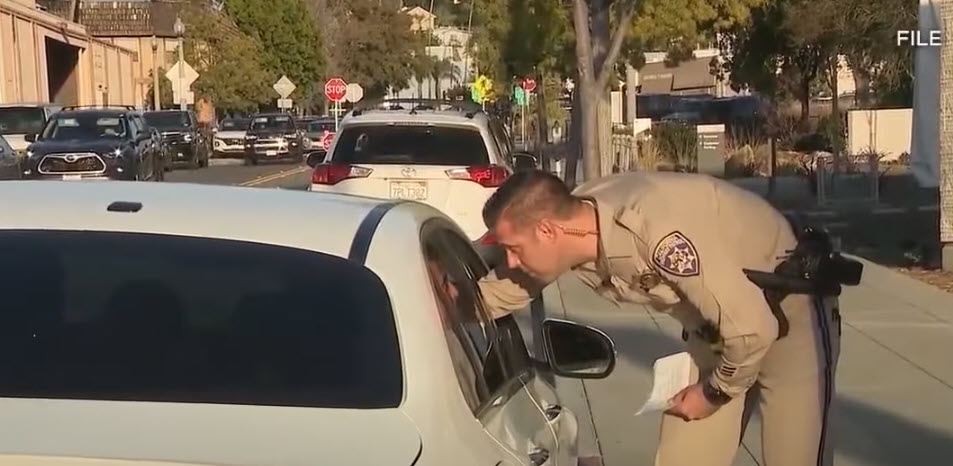End of a Familiar Phrase: “Do You Know Why I Pulled You Over?” Now Banned in California Traffic Stops
Get ready for a change in the soundtrack of California traffic stops. Starting January 1, 2024, the iconic question, “Do you know why I pulled you over?” will be off-limits for police officers during routine traffic stops. This marks a significant shift in police-public interaction, aiming to reduce potential bias and increase transparency in law enforcement practices.
Governor Gavin Newsom signed Assembly Bill 2773 into law earlier this year, bringing this change to fruition. The new law requires officers to state the reason for the stop before asking any other questions. This seemingly simple change carries significant implications.
Advocates for the law argue that the open-ended “Do you know why I pulled you over?” question often leads to nervousness and confusion for drivers, increasing the potential for biased profiling and unnecessary escalation. By requiring officers to state their reason upfront, the law aims to promote transparency and build trust between law enforcement and the communities they serve.
However, some law enforcement officials express concerns about the practical implementation of the new law. They argue that in certain situations, such as investigating suspicious activity or potential danger, delaying explanation for the stop could compromise officer safety or impede investigations.
The law does acknowledge these concerns, including an exception for situations where stating the reason for the stop could pose an “imminent threat to life or property.” In such cases, officers are not obligated to disclose their intentions immediately but must do so as soon as the threat is mitigated.
The effectiveness of the new law remains to be seen. While it may not eliminate all instances of police bias or misconduct, it represents a step towards greater transparency and accountability in traffic stops. Ultimately, the success of this policy will hinge on its careful implementation by law enforcement agencies, coupled with ongoing dialogue and collaboration between officers and the communities they serve.
Drivers in California can prepare for the upcoming change by familiarizing themselves with their rights. Knowing that officers are no longer allowed to ask the leading “Do you know why I pulled you over?” question can empower drivers to calmly ask for clarification regarding the reason for the stop. Furthermore, remaining courteous and cooperative throughout the interaction will likely contribute to a smoother and more positive experience for both parties.
The California traffic stop law serves as a model for other states seeking to reform police-public interactions. As society grapples with issues of fairness and equity in law enforcement, this small but significant change offers a glimpse into a future where increased transparency and trust can pave the way for a more just and equitable relationship between police and the people they serve.



